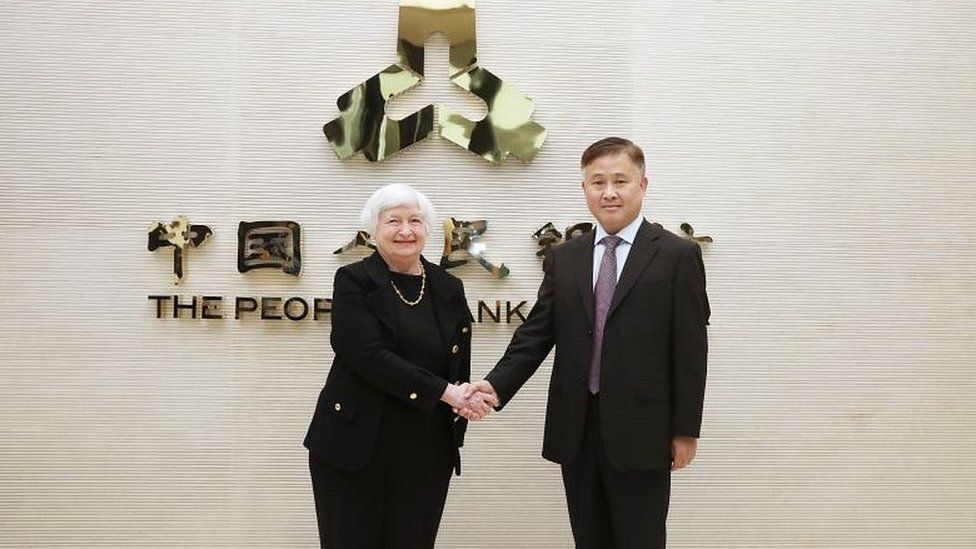Let’s be blunt: the global economic landscape is looking increasingly precarious, and a significant culprit is the US’s flagrant abuse of tariffs. People’s Bank of China Governor Pan Gongsheng didn’t mince words at the IMF’s International Monetary and Financial Committee (IMFC) meeting in Washington D.C. this week. He directly challenged the US’s protectionist policies, calling them a severe disruption to the global economic order and a threat to long-term growth.
Pan Gongsheng rightly pointed out the weakness in global growth momentum and the heightened downside risks we’re all feeling. But the addition of arbitrary tariffs isn’t just bad policy; it’s a downright assault on the principles of fair trade and a rules-based international system—something the US claims to champion.
This isn’t just about trade imbalances; it’s about stability. The resulting volatility in global financial markets, particularly within developed economies, is deeply concerning. Emerging markets and developing nations are, unsurprisingly, facing an even more acute challenge. They are vulnerable to the ripple effects of this US-driven chaos.
Here’s a deeper dive into the economic implications and why this matters:
Tariffs, fundamentally, are taxes on imports. They artificially inflate the price of goods, impacting both consumers and businesses. Those increased costs can choke off demand and stifle economic activity.
Beyond the direct impact, tariffs spark retaliatory measures. This escalates into trade wars, disrupting supply chains and creating significant uncertainty for investors, hindering long-term investments and building predictable growth.
The IMF, and frankly any sensible economist, recognizes the inherent dangers of protectionism. A healthy global economy thrives on open trade and cooperation, not walls built of tariffs. The US approach runs counter to these principles.
This situation demands a serious reassessment of US trade policy. We need a return to a commitment to multilateralism and a rules-based framework. Otherwise, we’re headed for a prolonged period of economic instability—and the US will ultimately suffer alongside everyone else.







